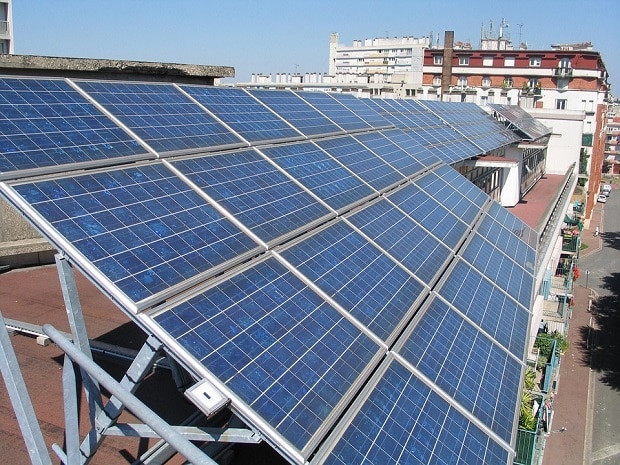The South Australian government should establish a not-for-profit, public-interest retailer to ensure low-income solar power access for households that need it.
That’s the recommendation of the upcoming ‘Repowering South Australia’ report, written for Solar Citizens by Nicky Ison from the Community Power Agency.
The imagined retailer, dubbed PowerAccess in the report, would operate as a not-for-profit energy services company. Furthermore, it would act as a default retailer for public housing, supplying rooftop solar systems and energy efficiency measures.
“For too long, people on low incomes have been locked out of the transition to clean energy,” Ison said.
The scheme could eventually extend to customers on energy concession plans.
Solar panels & battery storage empower struggling households
Implementing PowerAccess, Ison believes, would give the South Australian government the means to help struggling households with rising electricity costs.
Installing solar with battery storage on public and low-income residences gives customers access to innovations like off-grid power sharing.

The primary customers for PowerAccess are South Australians eligible for energy concessions. These customers would then have a choice: stay on their current retailer concession plan or sign up to PowerAccess.
With 180,000 SA households currently utilising concession payments for energy, the need for a reduced-cost model is clear, the report states.
According to figures from the Australian Energy Regulator, more than 10,500 households had their electricity disconnected for failure to pay bills in 2015-16.
“It’s clear the current private retail market is ripping off South Australians and it’s hurting the people who can’t afford it the most,” said Solar Citizens’ Dan Spencer.
“It’s time to put electricity services back in the public interest and make sure everyone can access the benefits of cheap, renewable energy.”
Low-income solar retail model based on Scottish scheme
Based on a Scottish model established in 2015, PowerAccess would provide a “win-win” approach to energy supply, say its proponents.
The Scottish model, Our Power, saw 35 social housing companies establish their own non-profit renewable energy retailer.
Some 200,000 customers benefited from the scheme, finally saving roughly 10 per cent on annual household power bills.
Scottish First Minister Nicola Sturgeon has also pledged to extend the model. She told a party conference that Scotland would set up a state-owned energy company by 2021.













































